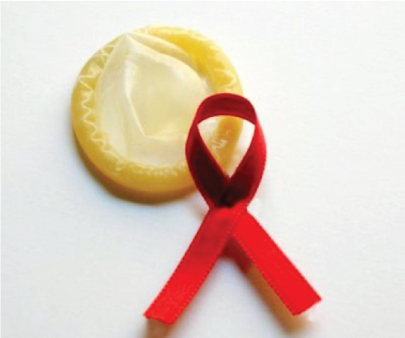
Exposure to semen could increase HIV resistance in women, says study
The researcher, however, stresses the work does not encourage unprotected intercourse, which increases the risk of infection by the virus and other sexually transmitted diseases
11/01/2016
Findings could guide a new path towards better prevention strategies and future studies on vaccines against the vírus
Among women, prostitutes are the most vulnerable to HIV infections. However, some have intrigued science by presenting an unusual resistance to the virus, especially among those who do not frequently use protection. The mystery, however, could be close to an end with a study conducted in San Juan, Puerto Rico.
According to scientists at the Wistar Institute, who developed the study along with researchers from the Puerto Rico University, these women could develop changes in their organisms, as changes in their immune systems. The hypothesis is that exposure to semen could increase resistance to the HIV virus.
The work was conducted with prostitutes from San Juan. The data showed that those who engaged in unprotected intercourse with men had a lower prevalence to the virus when compared to those who used protection.
The result allowed researchers to identify a group of women who had higher levels of a protein able to protect the vagina against viral and bacterial infections. However, the real surprise was the increased levels of this activation protein was related to the number of unprotected sexual relations, showing that semen could increase the expression of the protective protein in the females reproductive system.
Lower levels of the immune activation were found in the blood and mucous tissue from these women – important aspect, since the activated immune systems can ease the virus propagation through the organism. Besides this, they presented lower levels of the required gene expression for the virus to infect a persons immune system, as CD4 cells, and survive.
[The research] clearly shows the women are equipped to activate resistance mechanisms, explains Dr. Luis Montaner, chair of the HIV Immunopathogeny Laboratory at the Wistar Institute and senior author of the work.
Despite the important findings, Dr. Montanter stresses the work does not encourage unprotected intercourse, since this would increase the general risk of infection by the virus and other sexually transmitted diseases. Instead, the study highlights the unexpected effects that exposure to semen, in a long term, could develop in the cervix and vagina. This could reduce, but not eliminate the chance of infection, he said. Besides this, the discoveries could guide a new path for better prevention strategies and future studies on vaccines against the HIV.…










